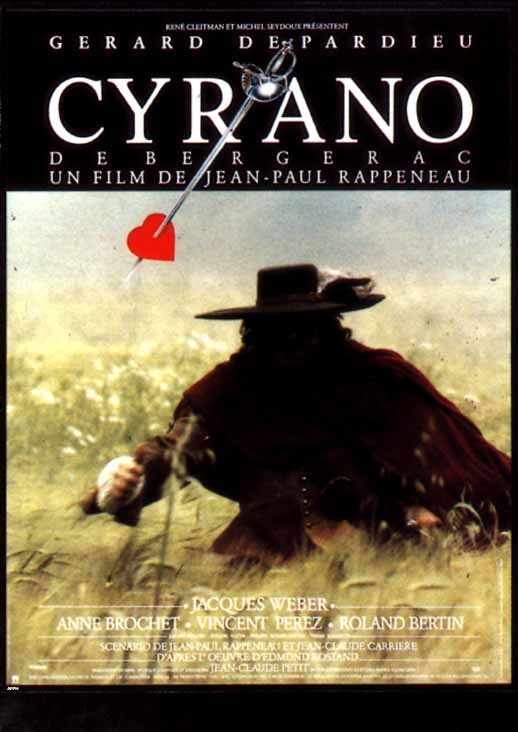


A stately chorale offers a final climax, before ebbing away Grabowsky at the piano offering a final, hushed statement. Rhythm and harmony power the music, which begins with high, squeaky violins and ethereal sopranos before broadening out into a series of scenes leading to a central cataclysm with unruly strings and percussion pitted against implacable, slow-moving brass.Īlong the way Gerrard’s unique voice, singing mainly in her own folk-inspired language, tellingly evokes pain, loss, grandeur and comfort. Grabowsky’s response to Hopkins’ astounding torrent of words is an episodic, filmic score, full of intriguing sounds and contrasts. Composed largely during lockdown, Grabowsky says Immortal Diamond “can perhaps be understood as a secular requiem for those who passed, and a prayer for better days ahead”. This hour-long work for orchestra, piano, chorus and vocalist was inspired by one of Hopkins’ last and greatest poems, That Nature is a Heraclitean Fire and of the Comfort of the Resurrection. What happens when you bring together pianist-composer Paul Grabowsky, vocalist Lisa Gerrard, Jesuit priest-poet Gerard Manley Hopkins and ancient Greek philosopher Heraclitus? Immortal Diamond is the result, the latest fruit of Grabowsky’s labour as the Melbourne Symphony Orchestra’s composer-in-residence. MUSIC Immortal Diamond ★★★★ Melbourne Symphony Orchestra, Hamer Hall, October 5

It will give audiences cause to reflect on what progress has been made, and what remains to be done, in combating racism, as well as the legacy of these two schools of thought today. The Meeting portrays a brief, fiery, moving clash between titans of the Civil Rights movement.

Solidarity and intimacy underscore the pitched battle of ideas, and they are released in such moments of camaraderie as the two actors shaving their heads before the action begins (or sharing the grunt work of dragging out stacks of chairs to finish the set). Tanya Gerstle directs strong performances without distracting fanfare, weaving sparing symbolism through the piece. Antithetical (and perhaps irreconcilable) views reach for synthesis in the personal: in the lived experience of racism, the sphere of familial love, and the two men’s respect for each other’s devotion to faith – for King, Christianity for Malcolm, Islam.


 0 kommentar(er)
0 kommentar(er)
